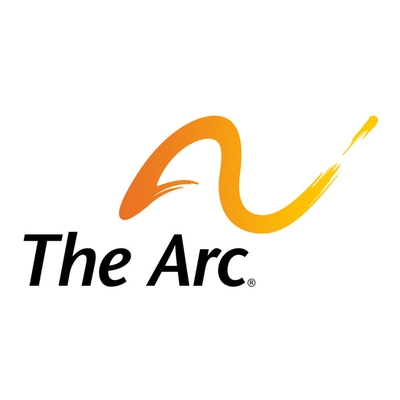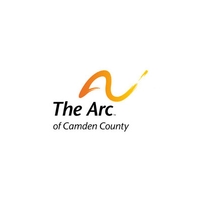The Arc of New Jersey Criminal Justice Advocacy Program (CJAP)
(732) 828-0988
North Brunswick

There are at least 25,000 people with intellectual disabilities in the nation's prisons, and some studies indicate that the actual number may be twice that. This means that approximately one out of every 20 prisoners in the United States has an intellectual disability.
Early identification of offenders who may have an intellectual disability is critical to providing appropriate treatment within the criminal justice system. Without knowledgeable advocates, offenders with developmental disabilities may not obtain equal justice.
Offenders with an intellectual disability face certain disadvantages at various stages of the criminal justice system:
- Arrested individuals with an intellectual disability often confess quickly, might say what they think a police officer wants to hear, and may not understand the implications of Miranda Rights.
- Most defendants with an intellectual disability more readily plead guilty to and are convicted of the arrested offense rather than a reduced charge.
- Inmates with an intellectual disability have more difficulty learning the rules and regulations of correctional facilities, which results in more accumulated rule infractions.
- Inmates with an intellectual disability are denied parole more frequently, serving on the average 2-3 years longer than non-disabled inmates convicted of the same offense.
The Criminal Justice Advocacy Program (CJAP) provides alternatives to incarceration on behalf of individuals with developmental disabilities who are defendants in the criminal justice system, and is the only program of its kind in New Jersey.
The CJAP also serves as a clearinghouse for information about offenders with developmental disabilities and serves as a liaison between the criminal justice and human service systems, monitoring the quality of care and service provided to those with developmental disabilities as they move from one system to another.
| Eligibility | 18 years of age or older. |
| Age Groups |
|
| Community Services |
CommunityEducationFamily & Support ServicesLegal / Advocacy |
| Health Services |
Intellectual and Developmental Needs |
| Areas Served |
|
Last Updated: 12/07/20

